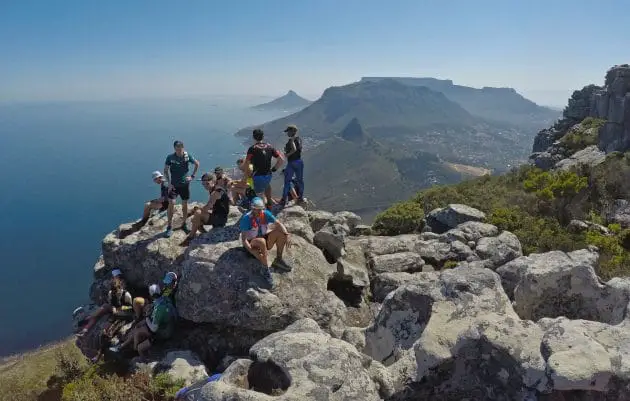How To Tap Into The Ecotourism Niche Market
For tourism organisations wanting to tap into the growing ecotourism niche tourism market, the International Ecotourism Society provides the answers. By Desmond Langkilde.
The International Ecotourism Society (TIES) is a 501(c)(3) nonprofit organization dedicated to promoting ecotourism. Founded in 1990, TIES has been at the forefront of the development of ecotourism, providing guidelines and standards, training, technical assistance, and educational resources.
TIES’ global network of ecotourism professionals and travellers is leading the efforts to make tourism a viable tool for conservation, protection of bio-cultural diversity, and sustainable community development.
Through membership services, industry outreach and educational programmes, TIES is committed to helping organizations, communities and individuals promote and practice the principles of ecotourism.
TIES currently has members in more than 120 countries, representing various professional fields and industry segments including academics, consultants, conservation professionals and organizations, governments, architects, tour operators, lodge owners and managers, general development experts, and ecotourists.
How is ecotourism different from environmental tourism, nature tourism, sustainable tourism or responsible tourism?
Ecotourism is defined as “responsible travel to natural areas that conserves the environment and improves the well-being of local people.” While “environmental or nature-based tourism” simply describes travel to natural places, “ecotourism” is a type of nature-based tourism that benefits local communities and destinations environmentally, culturally and economically.
This sector represents a set of principles that have been successfully implemented in various global communities and are supported by extensive industry and academic research. Ecotourism, when properly executed based on these principles, exemplifies the benefits of socially and environmentally sound tourism development.
How has this market sector evolved over the years?
Ecotourism first grew out of the global environmental movement in the late 1970s. While the development and growth of ecotourism took various paths in different parts of the world, by the early 1990s, ecotourism, along with nature-based, cultural, heritage and adventure tourism, had become among the fastest-growing sectors of the tourism industry worldwide.
More recently, ecotourism has helped to spawn a variety of new terms, such as sustainable tourism, pro-poor tourism, and responsible tourism, all of which encompass the concept that tourism can and should benefit conservation and host communities.
An important trend within the development of sustainable tourism is initiatives to mainstream sustainability within travel and tourism, by taking the principles and good practices of ecotourism and applying them to a wider swath of the market, e.g. hotel chains, urban tourist attractions, ski resorts, golf courses, and beach resorts.
Who are eco-tourists?
Eco-tourists form a wide range of travellers, of all ages and interests. Travellers who choose ecotourism are responsible consumers interested in social, economic and environmental sustainability.
Seeking authentic local experiences and opportunities to give back to the communities they visit, many eco-tourists participate in voluntourism activities. Increasingly, eco-tourists are also seeking to minimize the carbon footprint of their travel.
Why is this niche important?
By increasing capacity-building opportunities, ecotourism is an effective vehicle for empowering local communities around the world to fight against poverty and to achieve sustainable development.
Furthermore, ecotourism has provided an impetus to assist in greening the tourism industry on many fronts.
Why should I become involved in this niche?
Ecotourism is a tool that provides opportunities – a financially viable tool that provides sustainable solutions to economic challenges and conservation needs of local people; an alternative means of supporting rural economies to help revitalize and sustain local heritage; and a market-linked force connecting and empowering stakeholders.
Where can I find more information?
The TIES website (www.ecotourism.org) offers information and resources for travellers, professionals and media. From the TIES eLibrary, visitors can view and download their publications and link to relevant resources on various topics – sustainable tourism certification, volunteer vacations, parks and protected areas, community-based ecotourism, among others.




